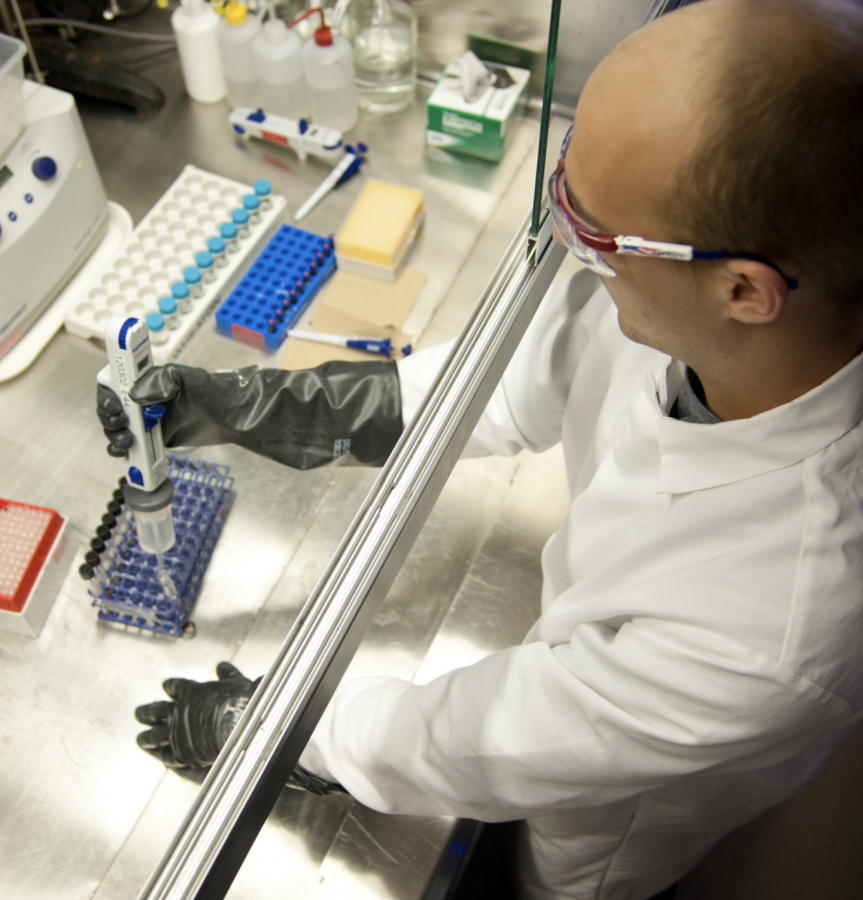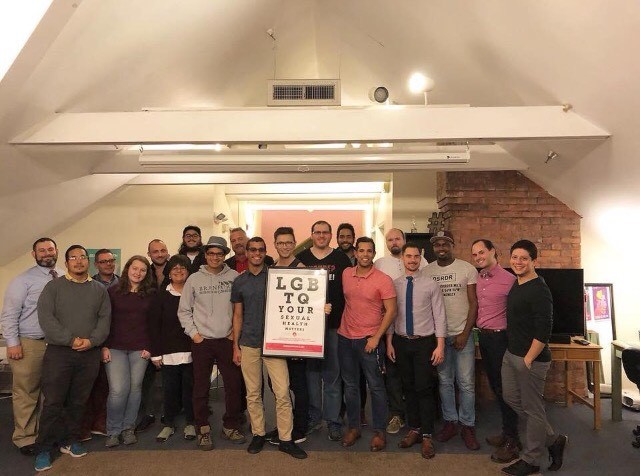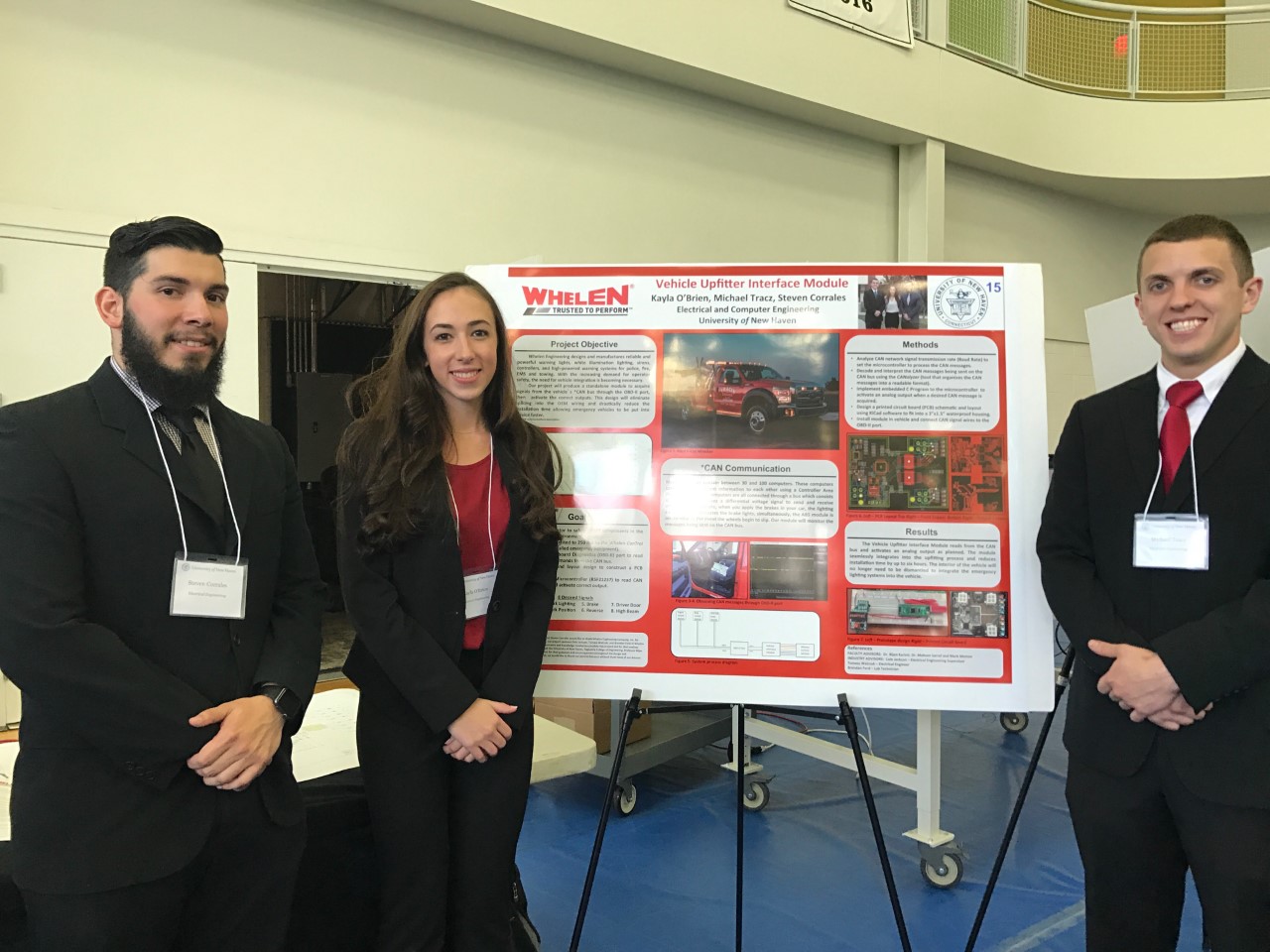For the second time in history, the U.S. Food and Drug Administration (FDA) has approved the use of embryonic stem cell for research trials. This trial will be conducted by Advanced Cell Technology, a biotech company, and will target subjects with a rare disease called Stargardt. Due to the controversial nature of stem cell research, it is difficult for some people to support it, yet the gift of sight may be given to thousands of people if the trials go well.
The disease, Stargardt, only affects 30,000 Americans and starts in adolescence. It is characterized by impaired scavenger cells failing to remove toxic byproducts from the eye, allowing them to build up and kill other cells. It is inherited and attacks central vision for tasks like reading and recognizing faces, but it can also cause people to go completely blind.
In the new study, the twelve participants will be injected with healthy scavenger cells into one of their eyes. The early phases of this research will be primarily to test safety of various doses, but ACT’s chief scientific officer, Robert Lanza, said that if they see improvements in visual acuity, it would be a great bonus. This is because the subjects in the initial study will have an advanced form of Stargardt, and they do not expect to have their vision restored.
The process has already been tested on lab rats and mice and has already been found to halt the disease without tumors or any other side effects. Lanza said, “These cells have been really performing quite spectacularly in the animals. If we can see that in the human patients we will hit a home run here”.
The trials are not expected to start until early next year, but hopes are high for success. If they are able to effectively treat these patients, it could mean that they could halt the disease altogether by treating patients earlier enough to prevent it from progressing. While they are focusing on Stargardt Disease now, Advanced Cell Technology is hopeful that the same process will work for more common eye disorders as well. If this is the case, they may be able to help millions of people who suffer from age-related macular degeneration.
Only time and patience will determine whether trials with embryonic stem cells are successful, but without companies like Advanced Cell Technology, we may never know. If the trials work, people will see that great things can come from stem cell research. Someday we may use it to cure cancer and help people walk again. Steps by these companies may change the way we look at medicine.








